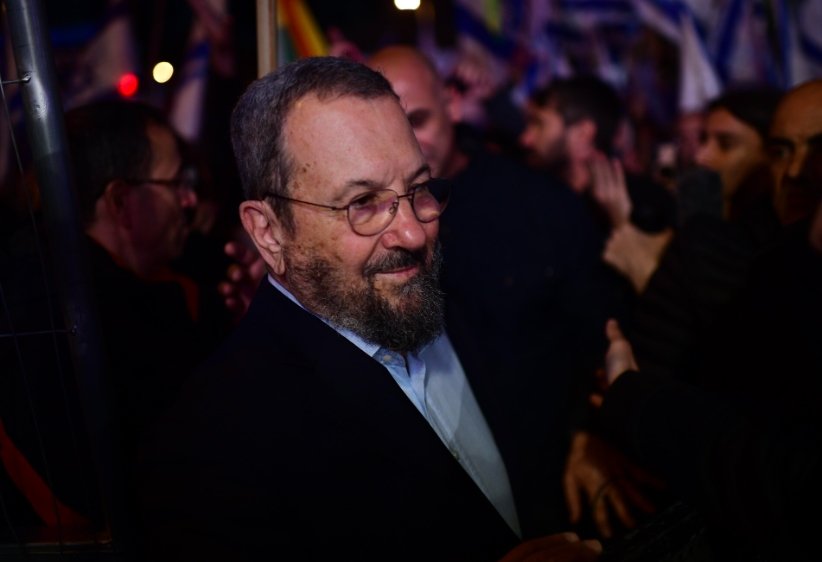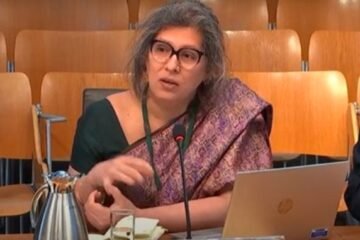Gaza conflict sparks fears of wider confrontation
The recent violence between Israel and Hamas in Gaza has raised concerns about the possibility of a broader regional war involving other actors, such as Hezbollah, Iran, and Egypt. The conflict, which started on May 10 after Hamas fired rockets at Jerusalem, has killed more than 200 Palestinians and 12 Israelis, and displaced tens of thousands of people in Gaza.
The international community has been calling for an immediate ceasefire, but the efforts have been hampered by the lack of trust and dialogue between the parties. US President Joe Biden, who met with Israeli Prime Minister Benjamin Netanyahu on Thursday, expressed his support for Israel’s right to self-defense, but also urged him to de-escalate the situation and move towards a “sustainable calm”.
Hezbollah and Iran could join the fray
One of the main sources of anxiety is the potential involvement of Hezbollah, the Lebanese militant group that is allied with Hamas and backed by Iran. Hezbollah has a massive arsenal of rockets and missiles that could target Israel from across the border, as well as thousands of fighters that have been trained and deployed in Syria, Iraq, and Yemen.

Hezbollah’s leader, Hassan Nasrallah, has warned that his group is ready to intervene in Gaza if Israel crosses “red lines”. He also said that Hezbollah is closely coordinating with Hamas and other Palestinian factions. Iran, which is engaged in indirect talks with the US over its nuclear program, has also threatened to take “pre-emptive action” against Israel if it continues its attacks on Gaza.
Egypt faces pressure to open its border with Gaza
Another factor that could complicate the situation is the role of Egypt, which shares a border with Gaza and has been mediating between Israel and Hamas. Egypt has been reluctant to open its border with Gaza for fear of a humanitarian crisis and a security threat from Islamist militants. Egypt also has a peace treaty with Israel and receives billions of dollars in aid from the US.
However, Egypt has been facing pressure from other Arab countries and the international community to ease the blockade on Gaza and allow more aid and refugees to enter. Some European officials have suggested that Egypt should take in one million Palestinians from Gaza, a proposal that was reportedly rejected by a senior Egyptian official who said he would send them to Europe instead.
West Bank protests challenge Palestinian Authority
Meanwhile, in the West Bank, which is controlled by the Palestinian Authority (PA), there have been protests against both Israel and PA President Mahmoud Abbas. The protesters accuse Abbas of being ineffective and subservient to Israel, especially after he postponed the parliamentary elections that were scheduled for May 22.
The protesters have adopted the slogan of the Arab Spring uprisings of 2010-12, “the people want the fall of the president”, and have clashed with Israeli forces and PA security personnel. The unrest in the West Bank could undermine Abbas’s legitimacy and authority, and create more space for Hamas and other radical groups to challenge his rule.
The future of the Israel-Palestinian conflict
The current crisis in Gaza is not only a humanitarian tragedy, but also a political and strategic dilemma for all the parties involved. It exposes the deep-rooted grievances and aspirations of both Israelis and Palestinians, as well as the regional and international dynamics that shape their relations.
The question is whether this crisis will lead to a lasting ceasefire and a renewed peace process, or whether it will escalate into a wider war that could engulf the whole region. The answer may depend on how much pressure and influence the US and other actors can exert on both sides to end the violence and address the underlying issues.


















